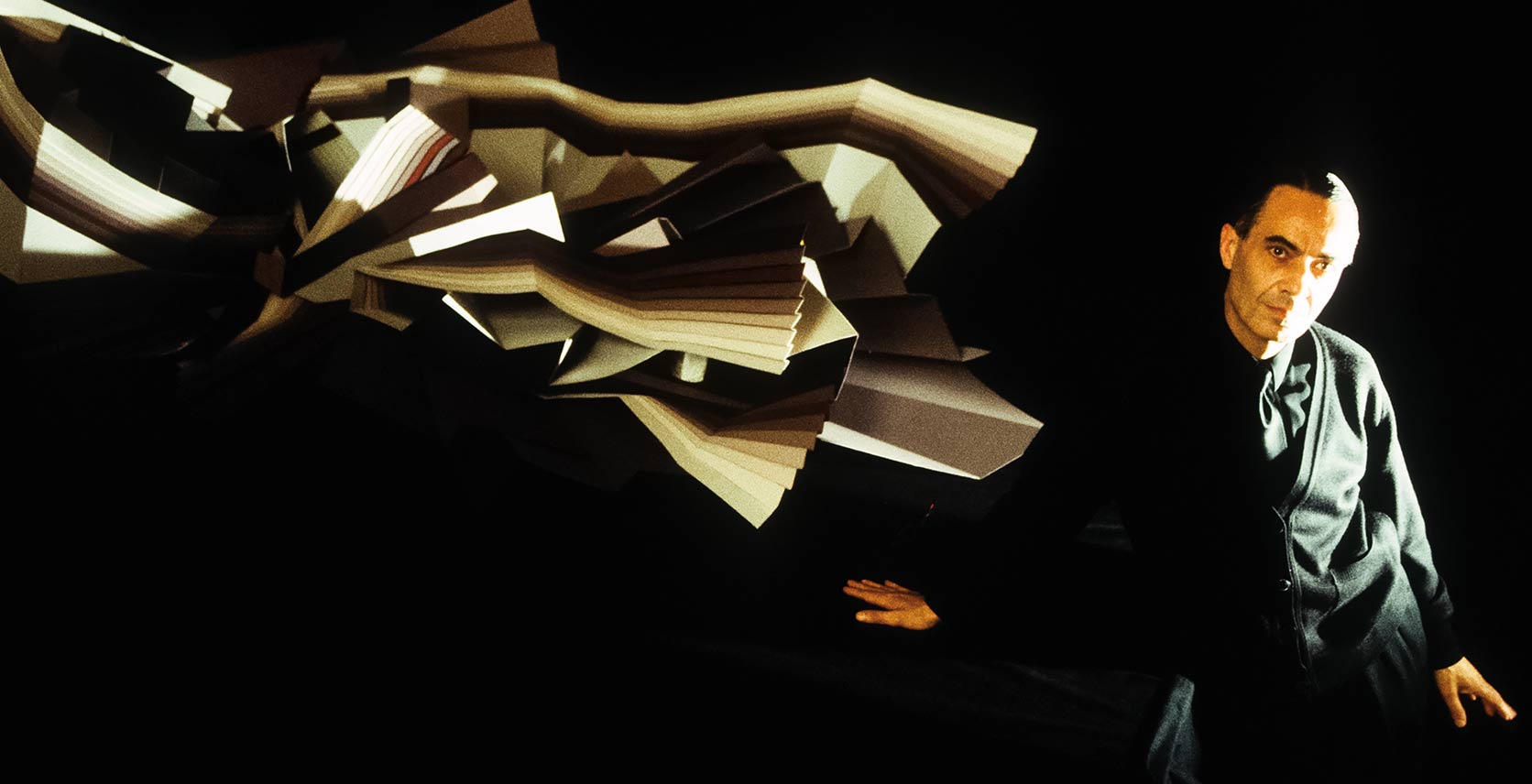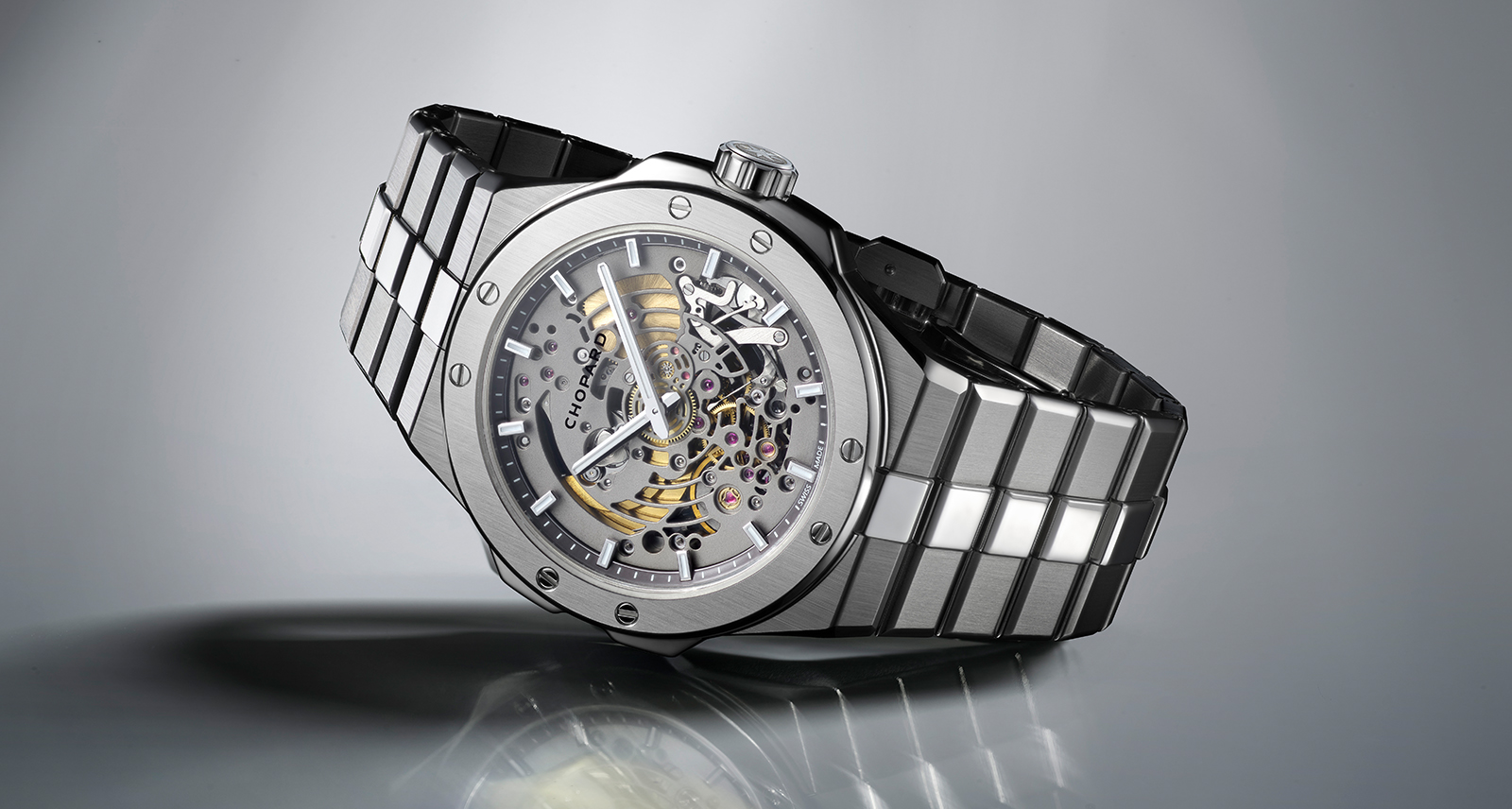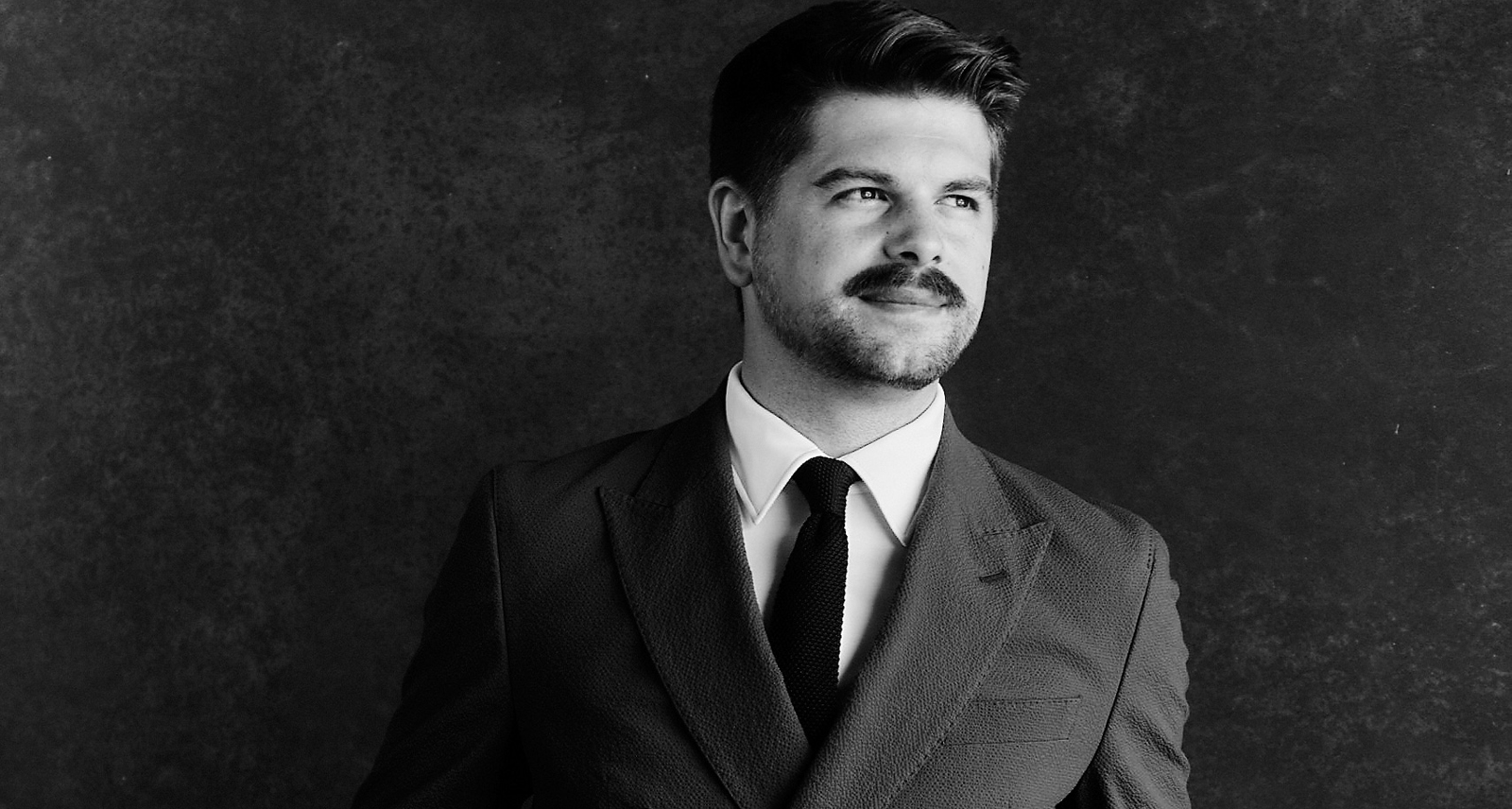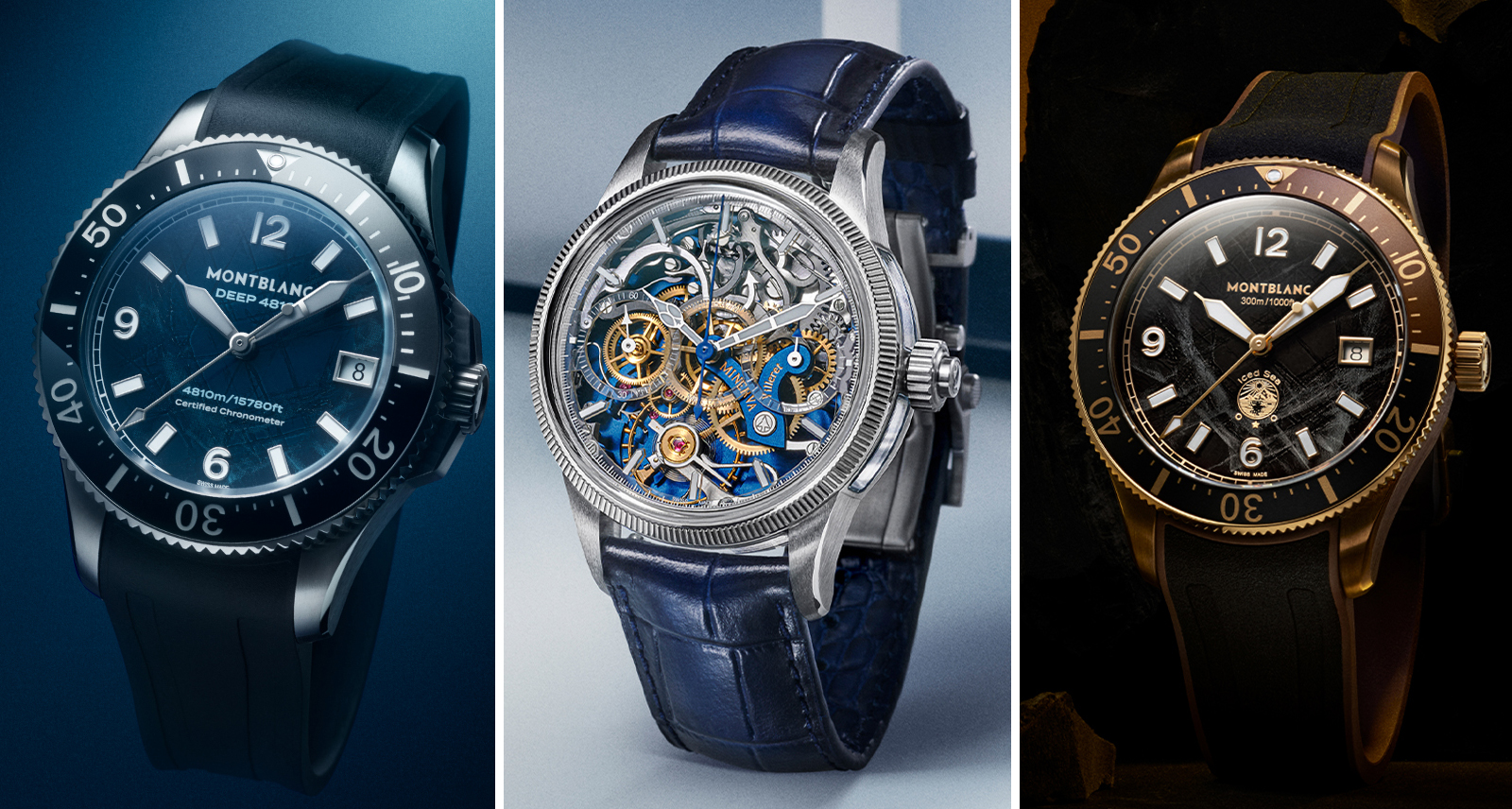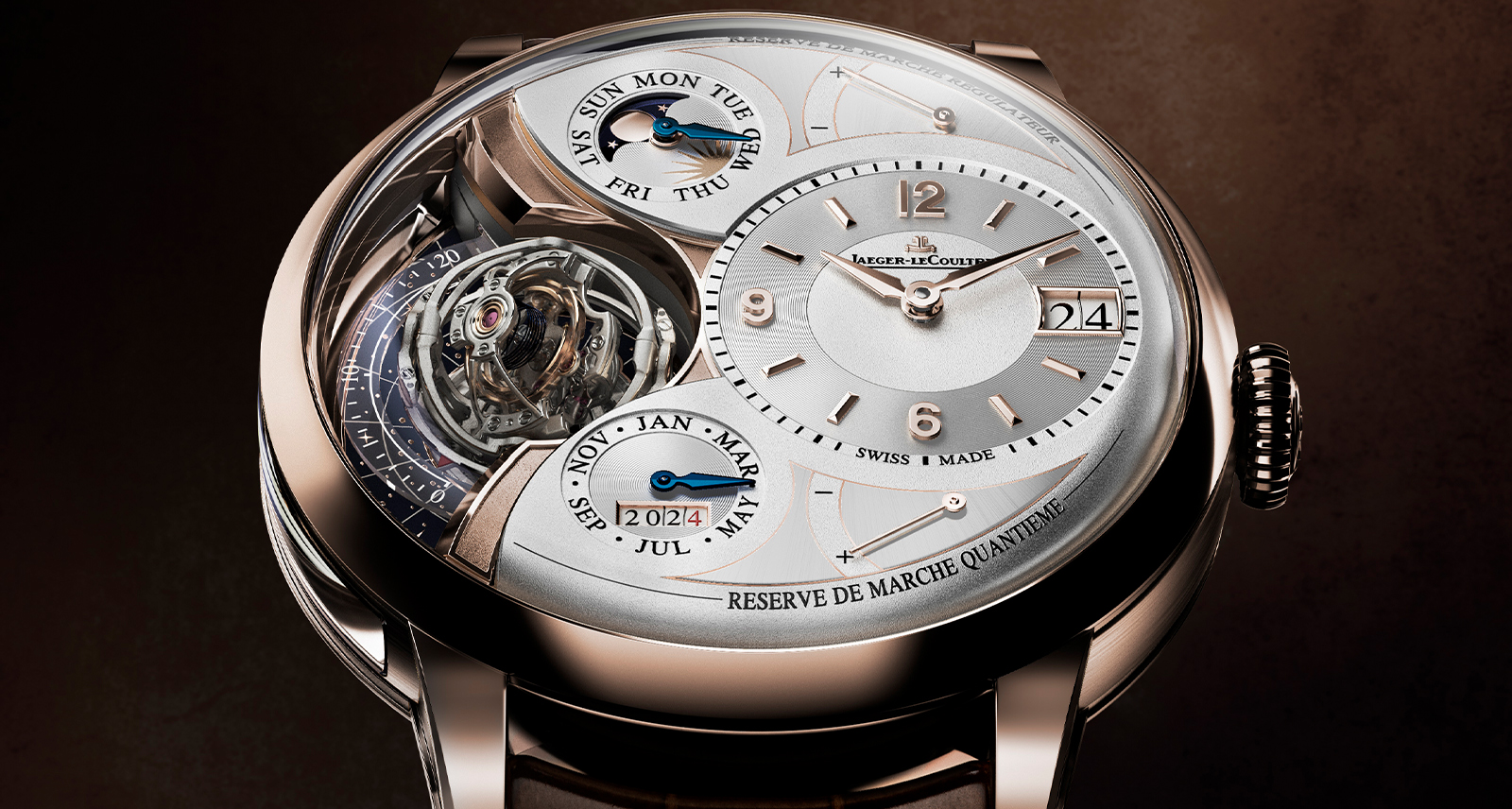Master Perfurmer Serge Lutens: “It’s Emptiness That I Am in Debt To!”
Serge Lutens didn’t set out to be a perfumer. In fact, he’s had several enviable artistic careers. Born amidst controversy in 1942 in France, Lutens first made a name for himself creating makeup for Dior. Inspired by the clothes and the models he was working with, he moved on to become a renowned fashion photographer. Now, he channels his creative energy into fragrances, which he designs for Shiseido under his own brand. And through it all, Lutens has remained a philosopher — an eccentric font of wisdom on matters of art, life, and love. If you don’t believe it, read on:
You once described art as “a revolution” that pushes you to “convey” yourself. What have you learned about yourself over the past 30+ years?
Each year spent in the aforementioned three decades affirmed, if not my words, then at least a way of defending them. These words could have been doubted or even false, since the height of my method’s ephemeral principle depended on them — which, in time, might be called art. However, during these elapsed years, there was a permanent constant: urgency. I treaded new territory each time. As a price for my cowardice posing as heroism, I had to cross this minefield at all costs: to uphold, highlight, self-impose a straight line on a parallel taught wire that can only be seen subjectively, with the sole purpose of serving my personal convictions.
The face was imposed on me by an irresistible pressure, as a mode of expression. Supporting my wrath or reveries, it is both a mirror or the flesh of illusion to the point where you cannot recognize or even deny made-up desires. Its first manifestation made sense. Cutting my hair stood in for cutting ties with what connected me to the past. Removing this helmet of hair was followed by makeup. After came photography, film, perfume, writing, which can be seen as a ripple effect. When, in 1967, the Christian Dior label sought me out for creating their first makeup line, the term “make-up artist” didn’t exist. They invented the profession for me, but from this joke emerged the manifestation of my other self: the girl Serge Lutens. I can love or despise her, but, regardless of what she expressed, I could not deny her. She acted as my double, or rather, since she was a division, she armed us! You more or less know the rest: Dior, Shiseido, and the perfume that bears my name. Ideally, it could be recognized without the branding. It’s actually difficult to move from images to words. In short, I am either without a profession or have 100.
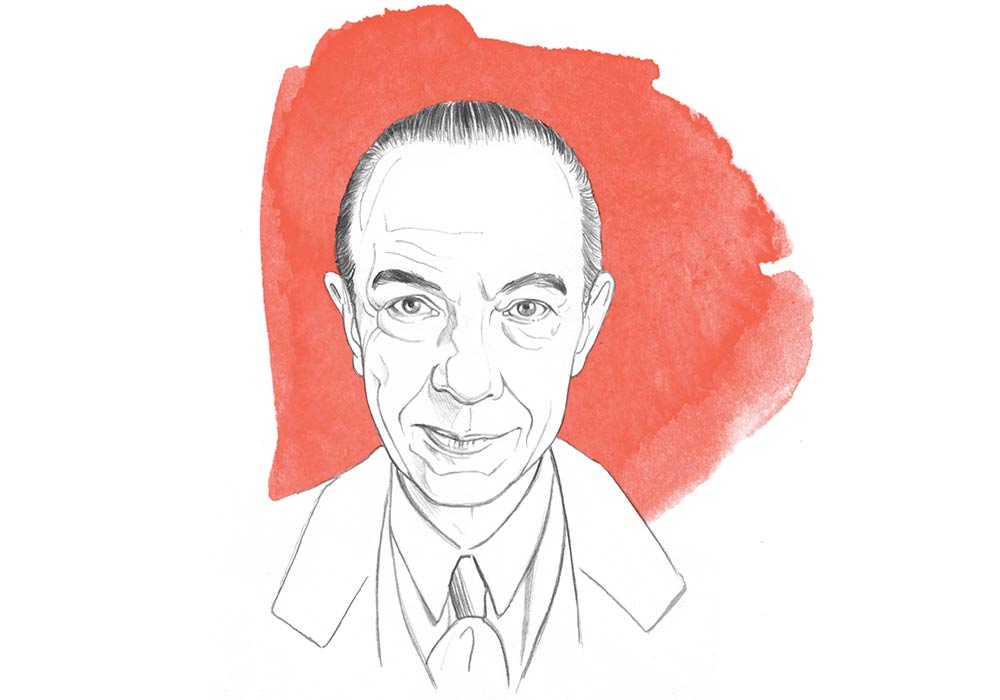
You truly seem to care more about creation than you do about commerce. How did you carve out that freedom for yourself?
Commerce as we know it has a cumbersome whore living within that is regressive and no longer expressive; counterfeit versions of our baseness and fears. Therefore, by default, surpassing it implies risk and even a taste for failure, which is just as intoxicating as success. In short, it is a highly demanding quest for love that resembles death.
You once mentioned that out of the millions of odours we experience, we’ll only truly love the ones we recognize, not discover. How is fragrance different from other art forms?
Art has no other purpose than to have us jump out at ourselves. Perfume authorizes nuance. Whether it soothes or irritates, it always reveals. It awakens in us hitherto unknown places. A merciless jury decides our feelings and the tastes they produce. Before the psyche establishes itself at around age seven, taste, be it olfactory, aural or sensory, is based in emotion. It determines our desires and the ones we keep within. Nothing would be disturbed or annihilated, not even through brainwash, for what is dear to us.
Always with art — but especially with prose — there is the question of authorial intent, and whether that should affect how we experience a work of culture. Since fragrance is so subjective, what role does the creator play?
Perfume is the creator, the partner. Creation is passive and moves us. As with love, we are helpless when facing it. We are its subject and object. We receive, give, and are propelled. If perfume is a story, it is none other than my own. I use it as a vehicle that guides me towards other things.
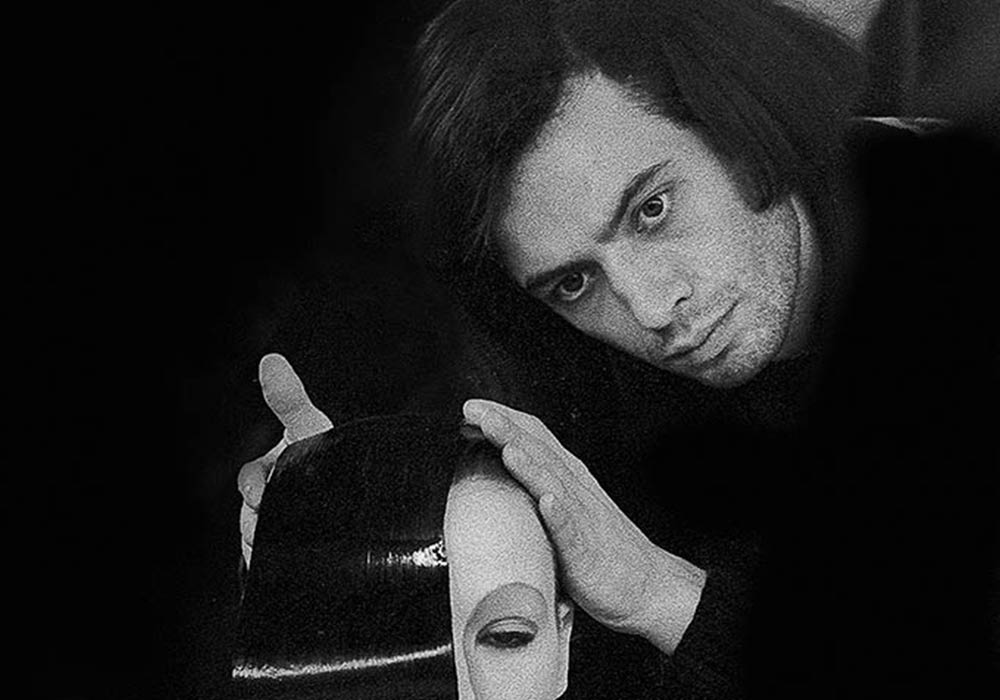
What does adventure mean to you?
It is the very purpose of life! However, if we guess at where we’re going, we won’t know where we end up. The unknown is boundless.
How has creating fragrances for men differed from making them for women? Or do you not see a difference at all?
Male, female, we come from a rather divided couple: dominant or dominated. In theory, assertiveness is masculine and intuition is feminine, second to none. Talking about doses or balance wouldn’t make sense since perfume speaks to a moment within us. According to the Koran, we have 42 faces. Is there no male or female record that could distinguish between a male and female rose? Perhaps a bee could.
So much of your process, as you’ve described, is about creating and redefining a woman in your mind. Have you done the same with men?
As a man, I didn’t need to ask myself that question. Neither man nor woman are at the root of my talent, if I have one. It’s emptiness that I am in debt to! As a son born of adultery in 1942, my mother and I had to be separated for safety reasons. I therefore had to invent a woman to survive. It was a need, not a fantasy. I invent man in the same way, though. I am a divided essence and, in a way, an opponent to my own sex.
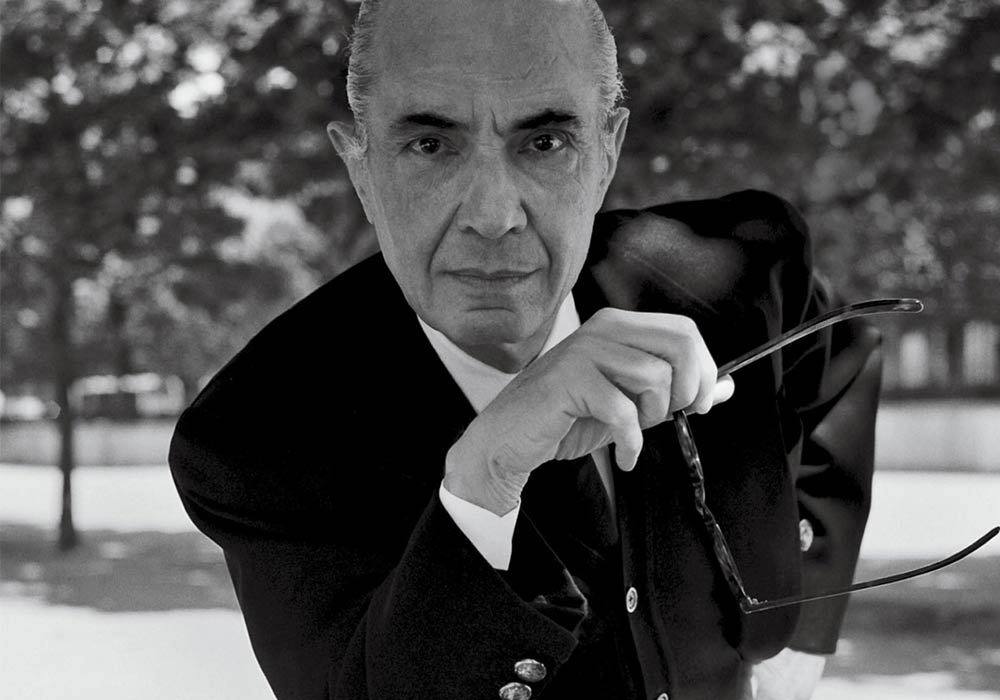
You once said, “Creation only comes to me when I’m destabilized.” If that’s true, how do you live a life that is destabilized enough for creation, but not too chaotic?
It is not a choice. What stabilizes me only becomes reproduction, what destabilizes me leads to creation. If order comes out of this process, it is born from disorder, which is creative in my case.
You come from a very specific background, from a very specific culture: I sometimes wonder if my generation (people in their 30s) would ever be able to see the world of beauty, fashion, and fragrance in the same way that you seem to.
Nobody is the same, but we have things in common. Nothing has truly changed since the dawn of man. If you reread Homer, Plato, Lao Tzu and Shakespeare, you’ll see that our points of reference are the same. When these are tinged by the era that influences us, elements are reproduced. What defined Dostoyevsky: his mother who introduced him to reading, his father who whipped his moujiks, much like he abused his wife. When Fyodor found out his father had been murdered by moujiks, he was at the height of his hatred for him. He had his first epileptic seizure – he short-circuited! But it was also the spark for his genius Crime and Punishment. We rarely kill without love or envy. Love and hatred are often present; we are their interpreters.
For you, what is the connection between words and fragrances?
While I make no claims of being a writer, perfume forces nuance and, conversely, words define it. The view I have of women no longer provides answers. It must be written. Perfume is a passageway, a bridge built between images and words where we could willingly replace “love” with “death.”
